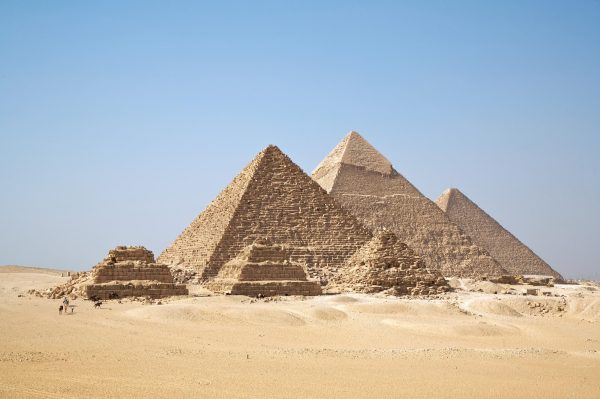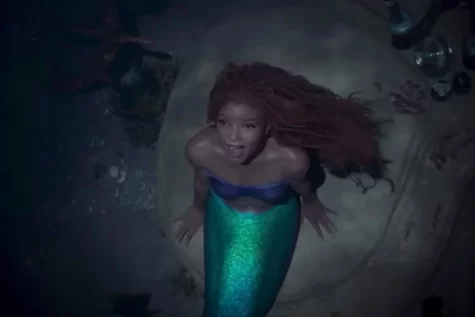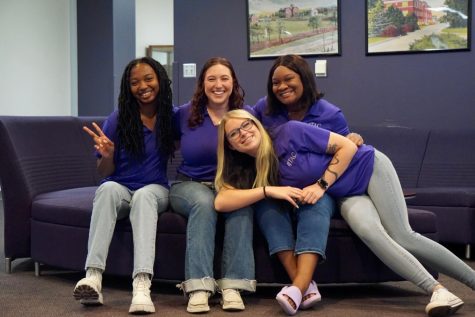Jewish Cowboys
Judaism in small towns
I grew up in a big city, with two churches on either side of my house. There was Christ the King Catholic on the east side, and St. Michael’s Episcopal on the west side. My dad often joked about putting out a big blow-up menorah in the front yard during Chanukah. While I thought this was funny at first, I actually began to wonder why we didn’t (aside from the fact that my mom would’ve deplored us for using the Amazon Prime account for such tomfoolery).
I grew up half-jewish, now you’re probably thinking, “Okay so you’re not a real jew,” and believe me, I get that all the time. However, I do consider myself a jewish woman. I practice jewish holidays, I have a jewish Bubbe (grandma), I wear a star of David, I went to jewish camps and my brothers all knew the Hebrew alphabet by four. I study Hebrew on my own, thanks to Duolingo, and I wrestle with the many “whys” and “hows” of Judaism. While my mom’s Christmas and Easter side had me as a child, I find as I grow older each day, my heart calls out to my dad’s side.
Judaism is so hard to talk about without talking about traditions. The reason I even thought of this article in the first place was because of Passover. “Lauren, what on Earth is Passover?” Well I’m so glad you asked. The short story is, it’s a way to commemorate the Jews exodus from Egypt. It’s usually held with a tradition in which, on the first night, we read from special jewish books like the haggadah, and have a dinner called the seder. We eat special foods like my favorite: matzoh balls and my least favorite: gefilte fish. There’s many other traditions as a part of Passover as well. One Passover tradition is when kids search for the afikoman (a piece of matzoh) in the house and often receive cash in exchange for the crunchy cracker like bread. I remember many of these afikoman hunts growing up, and probably got a little too competitive.
I mention Passover because this year it is the same weekend as Easter. It is not uncommon for Passover to fall close to Easter, but in Stephenville, there is nothing to signify that there’s anything happening other than Easter Sunday. Instead of afikoman hunts, kids will search for Easter eggs, instead of reading the haggadah on Friday, people will read from the Bible on Sunday, and instead of stars decorating the aisles of Walmart, there are bunnies and brightly colored eggs. Now, don’t get me wrong, I love my bunnies, but it’s the same predicament as the big blow-up menorah. In a world surrounded by one, there is not enough room for the many.
I’ve grown closer to my own faith as I’ve begun living in Stephenville and I’ve started to notice the many differences that come with being well… different. For one, there’s no synagogue, so most of my learnings of the Torah happen through Zoom or on apps like TorahTime. Secondly, out of the 202 registered organizations on Tarleton’s campus, not one of them has any mentions of the jewish faith. Third and lastly, while I love Tarleton, and I love all the people here, it’s really hard to feel like you’re a part of something when there’s no place that you are represented. We have cowboys, nurses, doctors, educators, and more. But no jews.
I don’t expect things to change overnight, in a week, in even 5 years. Representation takes time, but being jewish in a small, rural town has taught me more about what it means to live by faith than any synagogue, any summer camp, and any Passover has. That the Earth binds us by this one eternal truth: life is a struggle, life can be hard. Faith brings us together, the Torah, the Bible, and the Quran all say the same thing. Having faith is learning to love each day differently than the last, faith gives us hope, and it has no qualifications. So, you can be jewish and you can certainly be a cowboy.





